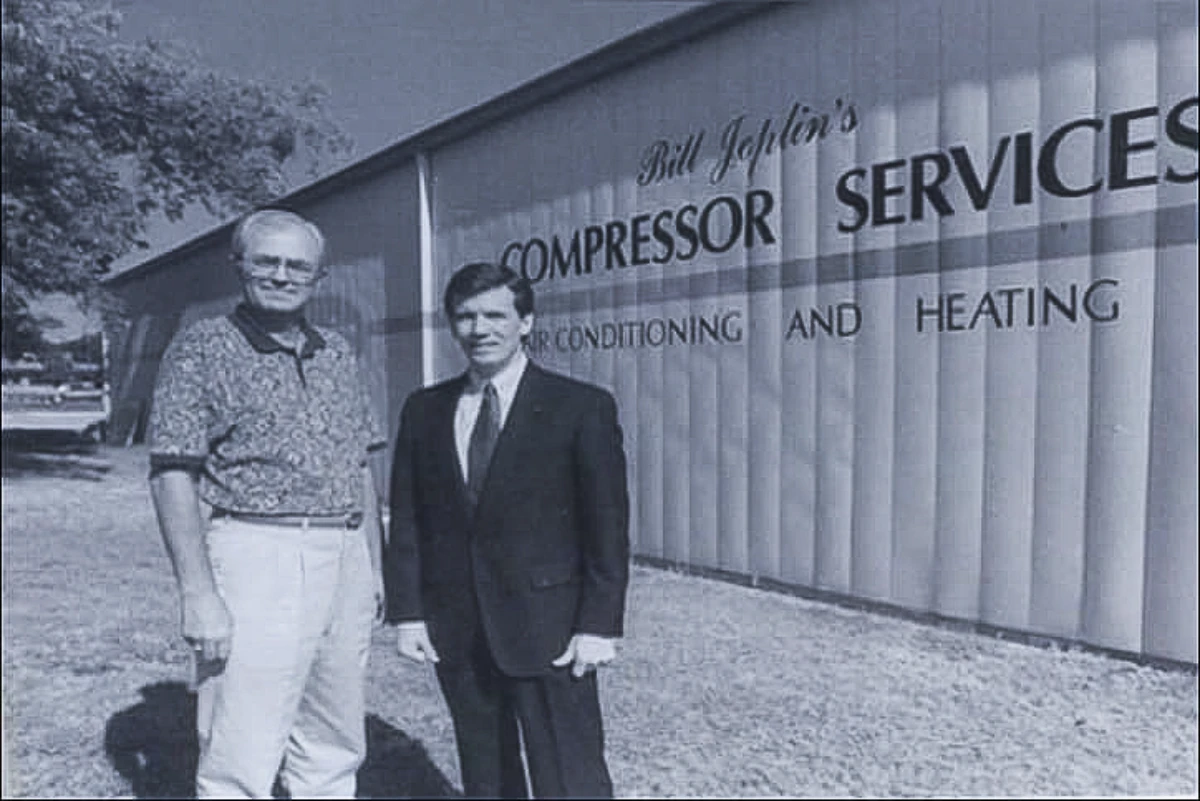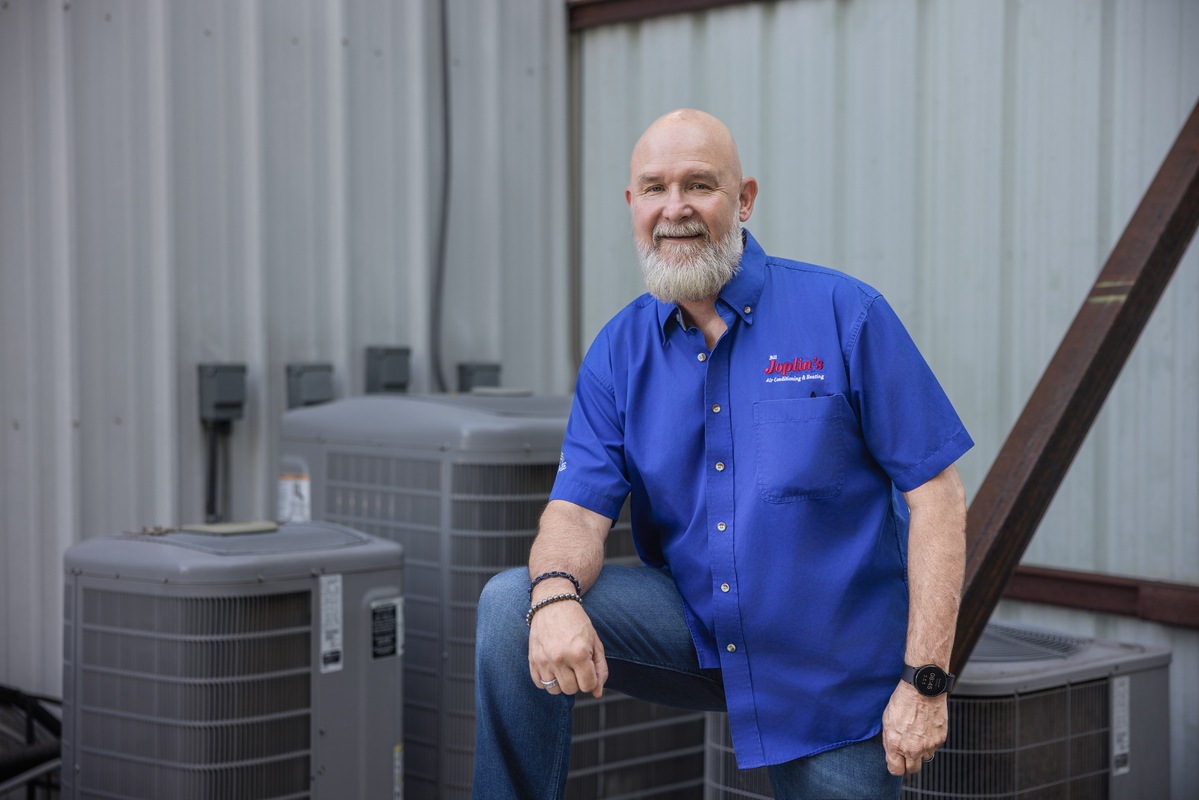If you are considering purchasing a new HVAC system in Dallas, TX, Bill Joplin’s Air Conditioning & Heating is available to help you with every step of the process. Before you choose a new heater or air conditioner, it is important to take stock of your current unit and determine how well it is working. If your HVAC system is getting more inefficient every year, now may be the ideal time to replace it.
Signs of HVAC system inefficiency include high heating and cooling bills, the need for frequent repairs, hot and cold zones in your Dallas, TX home and several others. One of our service technicians would be happy to evaluate your HVAC system in Dallas, TX and provide you with a professional recommendation on whether you should repair or replace it.
The age of your HVAC system is another important factor to consider. If you have owned your heating or cooling equipment longer than 12 years, the Environmental Protection Agency (EPA) recommends replacing it. The reason for this is that older equipment was not subject to minimum energy efficiency standards like it is now. As a Carrier factory authorized dealer, Bill Joplin’s Air Conditioning & Heating can recommend a new HVAC system with the highest possible energy efficiency rating. Carrier’s heating and cooling equipment is among the most durable in the industry.
Evaluating New Air Conditioning Equipment for Energy Efficiency
Before you make a final decision on a new air conditioner, be certain to evaluate its Seasonal Energy Efficiency Ratio (SEER). The EPA mandates that all newly manufactured air conditioners have a SEER rating of at least 13. This number increase to 14 if the manufacturer is part of the federal Energy Star program. The SEER of an air conditioner refers to its cooling output in British Thermal Units (BTU) divided by the total energy consumption of a home or business expressed in watt-hours. The SEER rating helps you calculate the cost to maintain the air conditioner for an entire cooling season. Carrier manufactures units with SEER ratings of 20 and higher.
How to Determine Energy Efficiency with Heat Pumps
If you are considering putting in new heat pumps, the rating you need to pay attention to is called the Heat Seasonal Performance Factor (HSPF). This rating is calculated in the same manner that the SEER is calculated for air conditioners.
All new furnaces are assigned an Annual Fuel Utilization Efficiency (AFUE) rating. The AFUE is expressed as a percentage rather than a whole number. The EPA enforces a minimum 78 percent efficiency ratio for all furnaces before they can be sold to home or business owners. The AFUE percentage refers to the amount of fuel that a furnace utilizes to heat your home or business. For example, a furnace with an 85 percent AFUE utilizes 85 percent of its available fuel and vents 15 percent of it outdoors. It is important to keep in mind that you don’t benefit from the wasted fuel.


